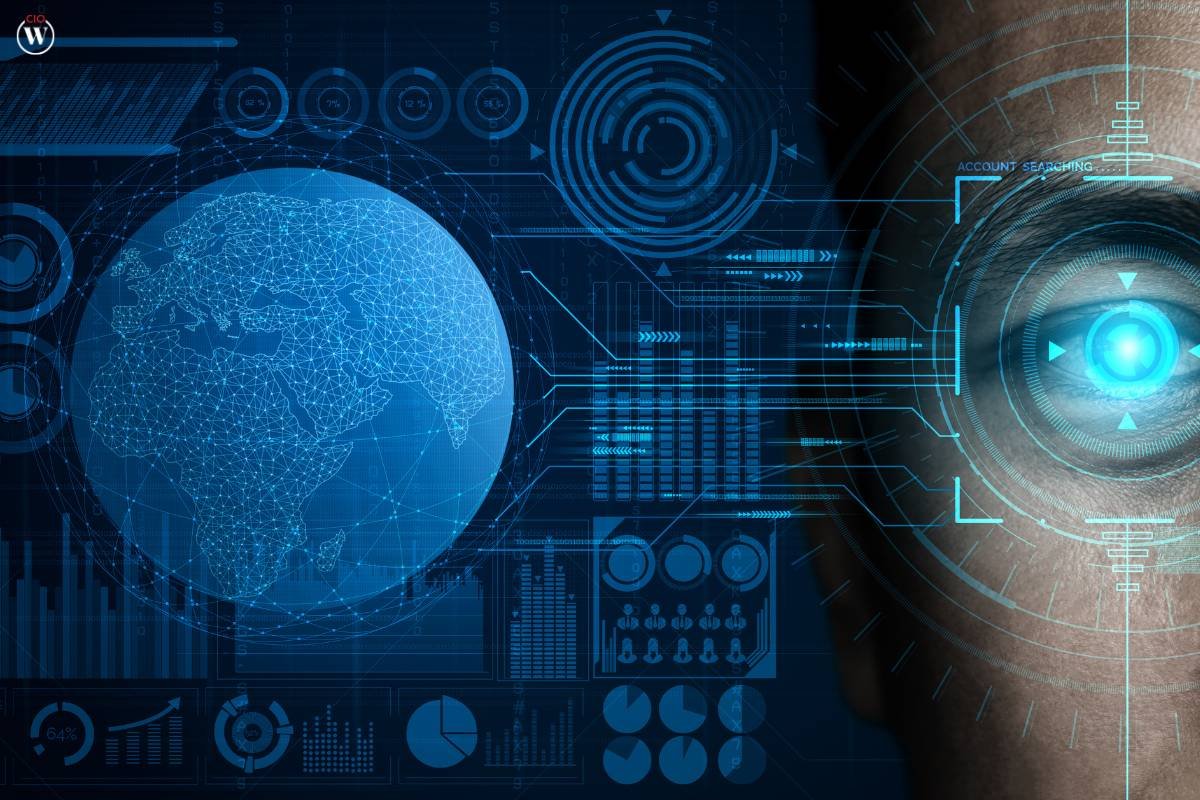Data Science is one term that has risen to prominence today, guiding industries and decision-makers toward informed choices. As we stand at the threshold of a new era, it is crucial to envision the trajectory that data science is set to take. In this exploration, we delve into the burgeoning realm of data science, examining the current state, anticipating future trends, and understanding the transformative potential that lies ahead.
Evolution of Data Science
To appreciate the future of data science, it is imperative to comprehend its evolution. The roots of data science can be traced back to statistics and computer science. As technology progressed, so did the tools and methodologies for analyzing vast datasets. With the advent of big data and machine learning, data science emerged as the linchpin for extracting meaningful insights from the overwhelming sea of information.
Data Science Today
In the contemporary landscape, data science is omnipresent. Industries ranging from healthcare to finance leverage data science to drive decision-making, optimize processes, and gain a competitive edge. The current focus is on developing robust algorithms, harnessing the power of artificial intelligence (AI), and ensuring data security and privacy.
Future Trends in Data Science:

- Enhanced Integration of Artificial Intelligence:
The synergy between data science and artificial intelligence is poised to deepen. As AI algorithms become more sophisticated, data scientists will harness their capabilities to unearth patterns, predict trends, and automate decision-making processes. This integration will lead to a paradigm shift in how organizations leverage data, making it not just a tool for analysis but a driving force for intelligent automation.
- Quantum Computing’s Impact:
The advent of quantum computing is set to revolutionize data science. Traditional computers struggle with the complexity of certain calculations, hindering the analysis of massive datasets. Quantum computers, with their ability to process vast amounts of information simultaneously, will enable data scientists to tackle complex problems at an unprecedented speed. This quantum leap in processing power will redefine the boundaries of what is achievable in data science.
- Edge Computing for Real-Time Analysis:
The future of data science is inherently tied to the evolution of edge computing. As more devices become interconnected in the Internet of Things (IoT), the need for real-time data analysis grows. Edge computing, with its decentralized approach to processing data near the source, reduces latency and enhances the efficiency of data science applications. This trend will reshape how businesses extract insights from the influx of real-time data generated by IoT devices.
- Augmented Analytics:
Augmented analytics, powered by machine learning and AI, is set to redefine the role of data scientists. These tools will automate data preparation, insight discovery, and interpretation, allowing data scientists to focus on more complex tasks that require human intuition. As augmented analytics becomes mainstream, it will democratize data science, making it accessible to a broader range of professionals and decision-makers.
Ethical Considerations in Data Science

As data science evolves, the ethical implications become more pronounced. The future demands a proactive approach to address issues such as bias in algorithms, privacy concerns, and the responsible use of data. Striking a balance between innovation and ethical considerations will be pivotal to ensuring that the benefits of data science are realized without compromising individual rights or perpetuating societal disparities.
- Bias Mitigation:
One of the challenges facing data science is the inherent bias present in datasets. As algorithms learn from historical data, they may perpetuate existing biases, leading to unfair outcomes. The future of data science requires a concerted effort to develop and implement techniques for identifying and mitigating bias in algorithms, ensuring that decision-making processes are fair and unbiased.
- Privacy Preservation:
With the increasing volume of personal data being collected, the protection of privacy becomes paramount. The future of data science will see a heightened focus on developing robust privacy-preserving techniques. Innovations such as federated learning, which allows model training without exchanging raw data, will become integral to maintaining the delicate balance between extracting insights and safeguarding individual privacy.
- Responsible AI Governance:
As AI and data science become integral to decision-making, the need for responsible governance becomes imperative. Establishing ethical guidelines and frameworks for the development and deployment of AI systems will be crucial in preventing unintended consequences. Collaboration between industry, academia, and policymakers will play a pivotal role in shaping ethical standards that ensure the responsible use of data science technologies.
Skillset Evolution for Data Scientists
The evolving landscape of data science necessitates a corresponding evolution in the skillsets of data scientists. Beyond traditional statistical and programming skills, future data scientists will need to be adept at working with emerging technologies and navigating the ethical challenges posed by their work.
- Emphasis on Interdisciplinary Skills:
Data science is no longer confined to the realms of computer science and statistics. The future demands a more interdisciplinary approach, with data scientists collaborating with domain experts in fields such as biology, finance, and healthcare. The ability to understand and contextualize data within specific industries will be a valuable skill for data scientists to possess.
- Continuous Learning and Adaptability

The rapid pace of technological advancement requires data scientists to be lifelong learners. Keeping abreast of the latest developments in machine learning, AI, and data engineering will be crucial for staying relevant in the field. Data scientists will need to embrace a mindset of continuous learning and adaptability to navigate the ever-evolving landscape of data science.
Conclusion
The future of data science holds immense promise and potential. From the integration of AI to the transformative power of quantum computing, the trajectory is set for data science to become even more ubiquitous and influential. As we embark on this journey into the future, it is imperative to prioritize ethical considerations, ensuring that the benefits of data science are realized responsibly and inclusively.
In the years to come, data science will continue to shape industries, drive innovation, and provide solutions to some of the most pressing challenges facing society. The evolving skillset of data scientists, coupled with advancements in technology, will pave the way for a future where data is not just a tool for analysis but a catalyst for positive change. As we navigate this uncharted territory, the key lies in embracing the transformative potential of data science while upholding the values that underpin a responsible and ethical approach to its application.
Related topic: How Data And Data Science Have Shaped The Modern World?









